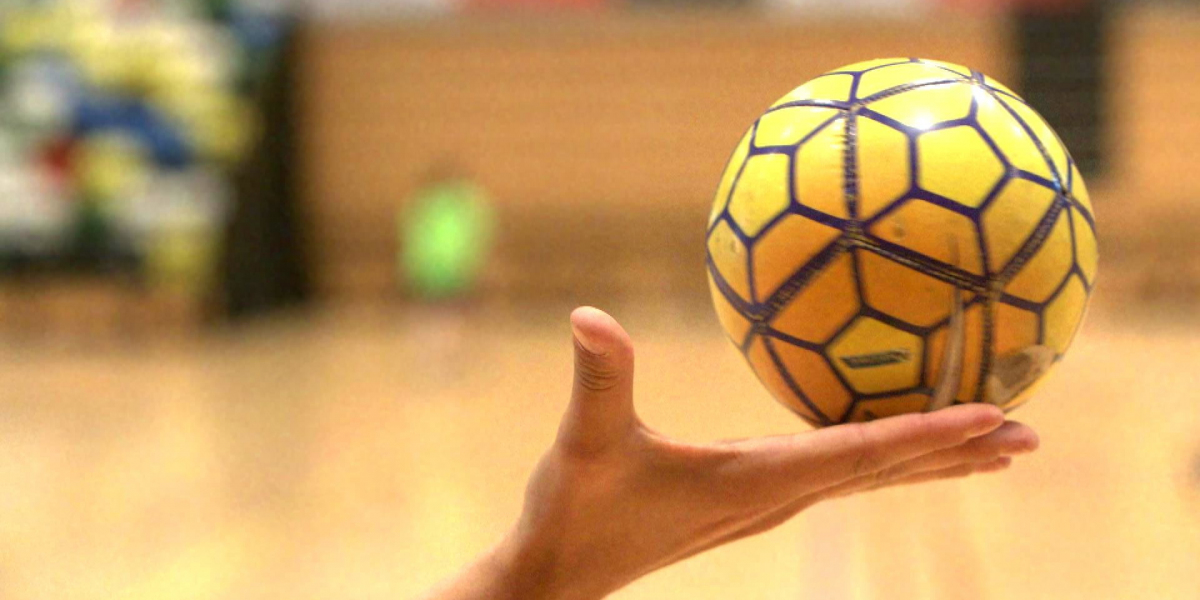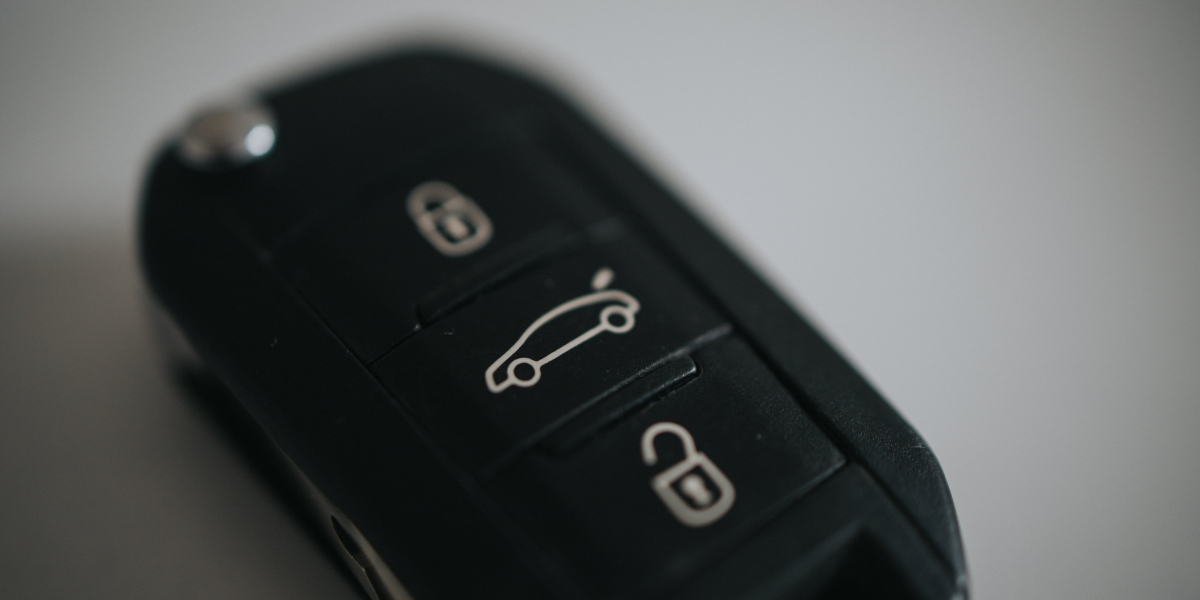Handball is one of the most dynamic and thrilling team sports in the world, combining the speed of basketball, the power of soccer, and the strategy of hockey. Despite its massive popularity in parts of Europe and growing global interest, handball remains an underrated gem in many regions. Whether you're a player, coach, or sports enthusiast, understanding handball can open your eyes to a high-energy, fast-paced athletic experience.
What is Handball?
Handball is a team sport where two teams of seven players (six field players and one goalkeeper) aim to score goals by throwing a ball into the opposing team’s net. Matches are typically played indoors on a 40x20 meter court, with games consisting of two 30-minute halves.
The objective is simple: score more goals than the other team by using passes, dribbles, and strategic plays. The sport demands agility, speed, coordination, and teamwork.
Brief History of Handball
The modern version of team handball originated in Europe in the early 20th century, with official rules established in Germany and Denmark. Handball became an Olympic sport in 1936 (for men) and 1976 (for women). Today, it is governed globally by the International Handball Federation (IHF) and played by millions across over 180 countries.
Key Features of Handball
High-Speed Action
Handball is fast-paced, with constant movement, quick passes, and rapid transitions from offense to defense.
Team Strategy
Winning in handball requires intelligent positioning, coordinated plays, and effective teamwork.
Physical and Mental Fitness
Players must be in peak physical shape and mentally alert, as the game involves split-second decision-making.
Global Competitions
Major events include the IHF World Championships, European Handball Championships, and the Olympic Games.
Health & Social Benefits of Playing Handball
Full-body workout: Improves endurance, strength, and cardiovascular health.
Mental agility: Enhances reflexes, strategic thinking, and decision-making.
Team spirit: Promotes communication, cooperation, and leadership.
Stress relief: High-energy movement combined with social interaction reduces stress and boosts mood.
Final Thoughts
Handball is an exciting sport nouvelles that offers more than just physical exertion — it builds character, sharpens the mind, and creates strong community bonds. Whether played professionally or recreationally, handball challenges both body and mind, making it a rewarding sport for all ages.
If you're looking for a team sport that keeps you active, engaged, and connected, handball could be your perfect match.
Frequently Asked Questions (FAQs)
Is handball an Olympic sport?
Yes, both men's and women's handball are part of the Summer Olympic Games.
Can beginners start playing handball easily?
Absolutely. Handball is easy to pick up for beginners, especially with basic athletic ability and an understanding of team sports.
How long is a typical handball match?
A standard match consists of two halves of 30 minutes each, with a 10–15-minute halftime break.
What skills are important in handball?
Key skills include passing, dribbling, shooting, quick reflexes, and strategic thinking.
Are there variations of handball?
Yes, including beach handball and street handball. Each variation has slightly different rules and settings.


